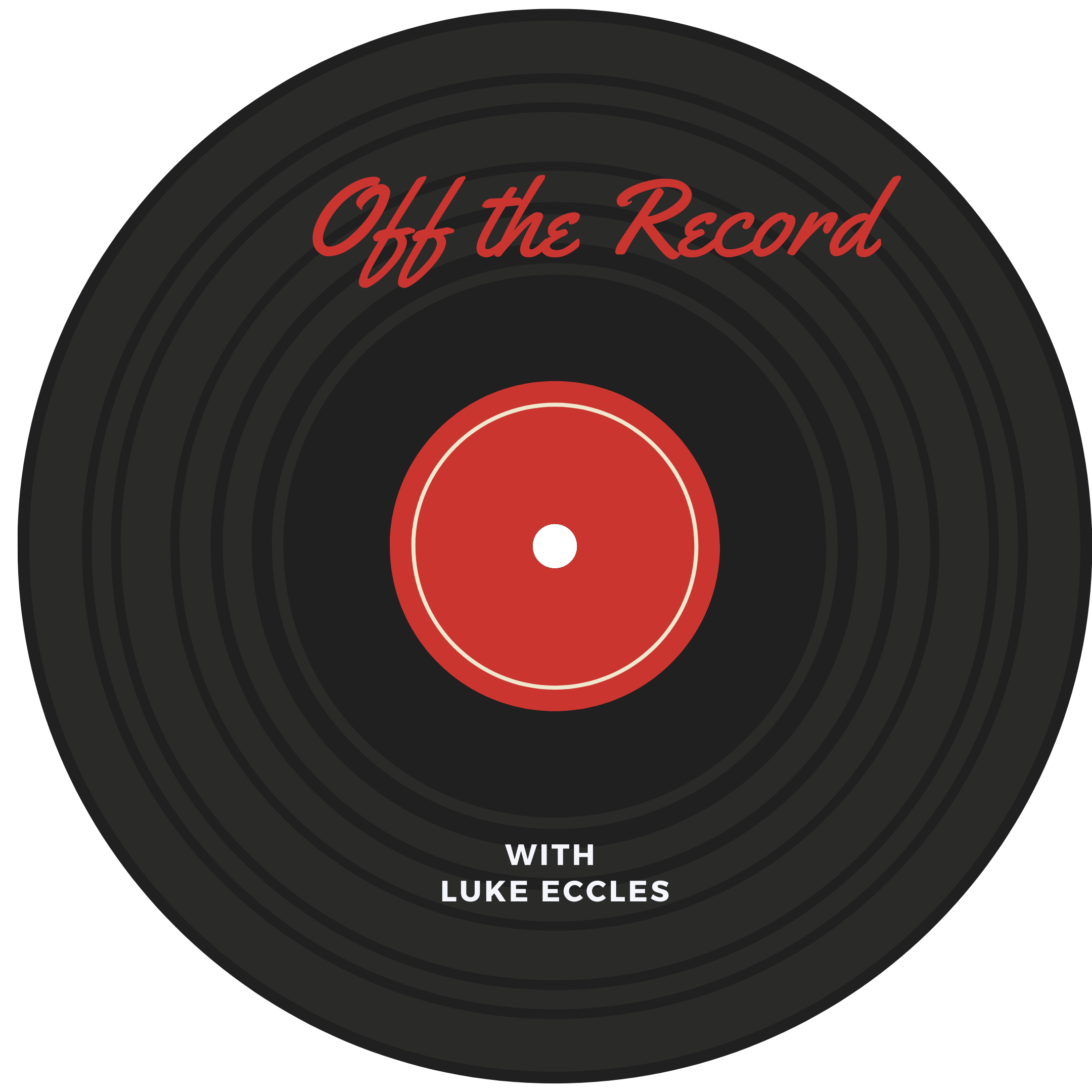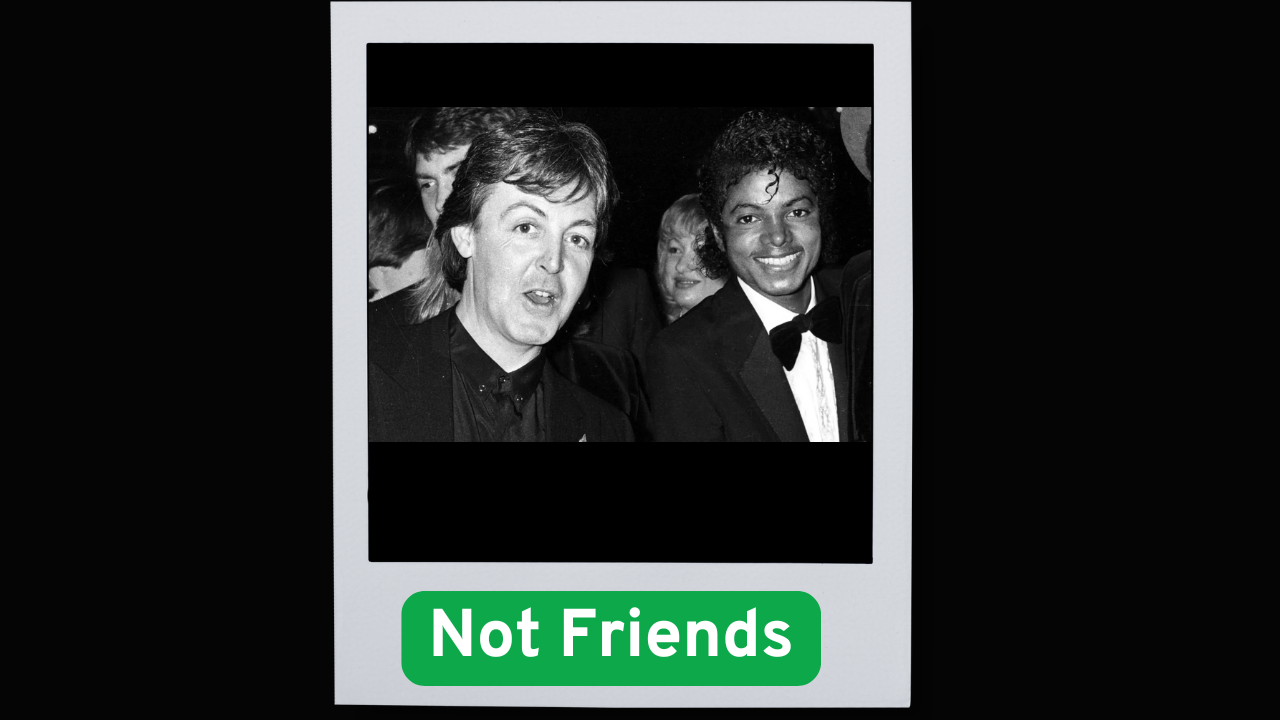From Friends to Frenemies: The Story of Michael Jackson and Paul McCartney
In the world of pop music, few collaborations have ever sparkled as brightly—or fizzled as dramatically—as the partnership between Michael Jackson and Paul McCartney. What started as a friendly musical alliance in the early 1980s soon turned into one of the most talked-about rifts in music history, involving egos, big money, and The Beatles’ iconic song catalog.
The Beginning: A Musical Friendship Forms
Their relationship began on a high note. In 1979, McCartney invited Jackson to sing on his track “Girlfriend,” which Jackson later recorded for his Off the Wall album. The two didn’t meet face to face until 1981, when they teamed up in the studio for “The Girl Is Mine,” the first single from Jackson’s groundbreaking Thriller album.
The chemistry was obvious. Their next collaboration, “Say Say Say” (1983), a pop-funk duet written by McCartney and Jackson, was a massive hit and topped the charts for six weeks. Its music video showed them as playful con artists, traveling the country together — a metaphor, perhaps, for how close they had become behind the scenes.
They were seen laughing in interviews, dining together, and even joking about growing old and retiring side by side. In many ways, it looked like the start of a long-lasting musical friendship.
The Turning Point: Business Over Brotherhood
But beneath the surface, things were about to take a sharp turn.
McCartney had once offered Jackson some friendly advice during their time working together: “If you want to make real money, invest in music publishing.” He even shared stories about how he had lost control of The Beatles’ publishing rights decades earlier — a sore spot that still lingered with him.
Michael took that advice seriously. Maybe too seriously.
In 1985, when ATV Music (which owned the publishing rights to most of The Beatles’ songs) was up for sale, Jackson made a surprise move — he bought the entire catalog for $47.5 million, outbidding McCartney himself.
McCartney was stunned. He reportedly felt betrayed, believing Jackson would have either consulted him or bowed out altogether out of respect. After all, these were the songs McCartney had co-written with John Lennon — songs that were part of his soul and legacy.
Jackson, however, didn’t see it that way. He viewed it as just good business. “It’s just business, Paul,” he allegedly said, according to McCartney. That line stuck — and stung.
The Fallout: A Silent Feud
After the deal, their friendship cooled rapidly. They never worked together again, and McCartney became more vocal about his frustration in interviews throughout the ’90s and 2000s. He sought to regain rights to The Beatles’ catalog, but Jackson never sold them back, despite his own financial troubles later in life.
Their once-golden camaraderie faded into silence. There were no public spats, no harsh words exchanged directly — but their actions and interviews told the story.
Even after Jackson’s death in 2009, McCartney spoke with measured grace. He expressed sadness over Jackson’s passing but admitted their friendship had suffered a long, quiet collapse.
Postscript: A Bittersweet Ending
Ironically, in 2017 — years after Jackson’s death — McCartney finally regained partial rights to many of The Beatles’ early songs under U.S. copyright law. It was a long journey to reclaim what he once lost, and the whole ordeal became a cautionary tale about mixing friendship with business in the music industry.
In the end, the Michael Jackson–Paul McCartney saga is remembered as a bittersweet chapter in pop history. Two icons came together to make magic, only to drift apart over dollars, deals, and decades of artistic legacy.

